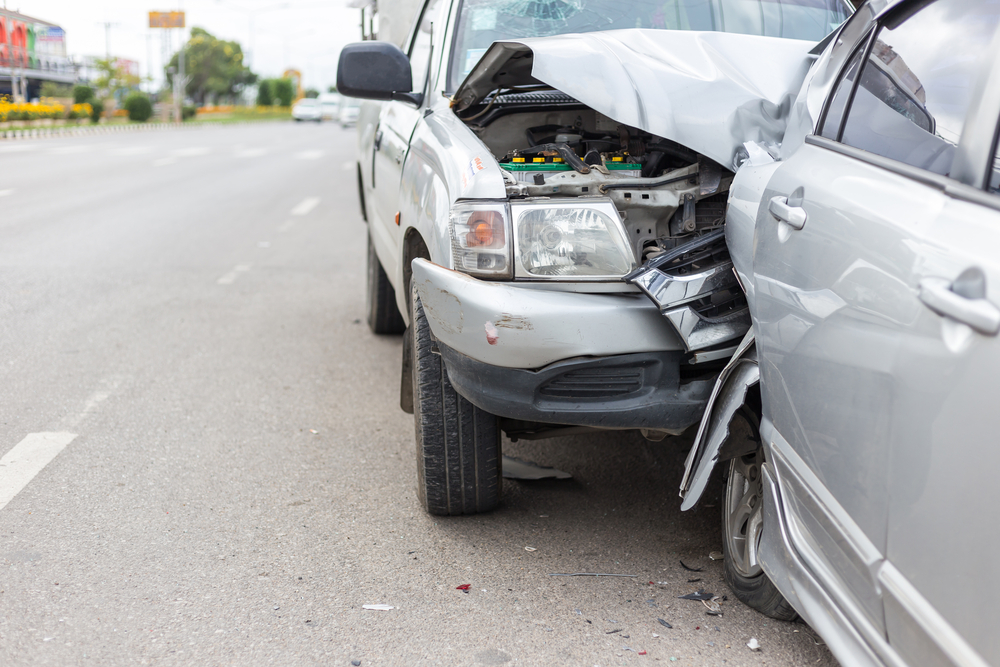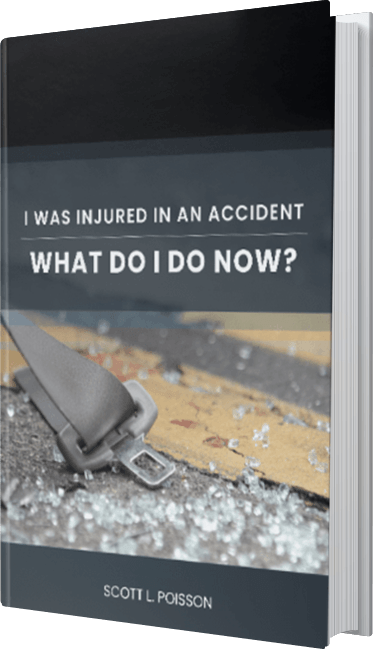Is It Always Your Fault if You Rear End Someone?
November 23, 2022

Is It Always Your Fault if You Rear End Someone?
When a rear-end accident occurs, it is often assumed that the driver who ran into the front vehicle is at fault. The argument is that they should have seen the front car stop and hit the brakes in time to prevent the accident. However, not every rear-end accident is this simple, and others may share liability for the crash or even be entirely responsible. If you have rear-ended someone and it was not your fault, you should contact a lawyer as soon as possible to protect yourself from being unfairly saddled with liability for the crash.
How is Liability Determined in Car Accidents?
In any car accident, including rear-end accidents, a driver is considered liable if they acted negligently and that negligence directly caused injury. In order to prove negligence, it must be shown that the driver owed a duty of care to others on the road, and they breached this duty through their actions. Proving a duty of care is relatively easy because everyone on the road is expected to drive safely to prevent accidents. Driving safely includes:
- Maintaining control of the vehicle’s movements and speed.
- Staying aware of others on the road.
- Using reasonable care while driving.
When a driver fails to operate their vehicle safely, they can be held responsible for their actions, regardless of whether they were in the car that was rear-ended or not.
In What Situations Might the Driver of the Lead Car Be Considered Liable?
While the driver of the rear vehicle is frequently found at fault for running into the lead vehicle, their liability should not be automatically assumed. There are several circumstances where others may be fully or partially liable for a rear-end crash. Sometimes the lead driver may have engaged in negligent actions such as:
- Driving with non-functioning brake lights.
- Braking for no reason or “brake-checking.”
- Driving while intoxicated.
- Reversing into another vehicle.
- Merging recklessly or suddenly pulling out into traffic.
- Engaging in road rage.
- Intentionally trying to get hit.
When a driver acts in this manner, they could be found at fault for the accident. Because these behaviors can sometimes be challenging to prove, reports of eyewitnesses or video evidence of the crash are often critical to showing the negligence of the lead car’s driver.
Why Should You Contact a Lawyer After a Rear-End Accident?
If you have run into the back of another car, you may find that you face an uphill battle when trying to convince the insurance company that you were not at fault. However, you do not have to fight your case alone. An experienced car accident attorney can help you gather the evidence needed to prove your side of the story. A trusted lawyer will protect your rights and thoroughly investigate your rear-end accident case to determine who is at fault, whether it is the lead driver, another motorist, a pedestrian or cyclist, or even the designers of a hazardous roadway. Contact our offices today at (702) 707-5934 for a free case evaluation.
Get A 100% Free Case Evaluation
From A Top-Rated Personal Injury Attorney
Call: (702) 707-5934 or Contact Us Online
$9M
Settlement / Auto Accident
$5.1M
Settlement / Tire Explosion
$3M
Settlement / Truck Accident
01
02
03
04

I Was Injured In An Accident.
What Do I Do Now?
By Scott L. Poisson

Do I Have A Case?

Dealing With The Insurance Company

When a Lawsuit Is Filed

Overcoming Common Defense Themes

Special Considerations in Specific Types of Cases
